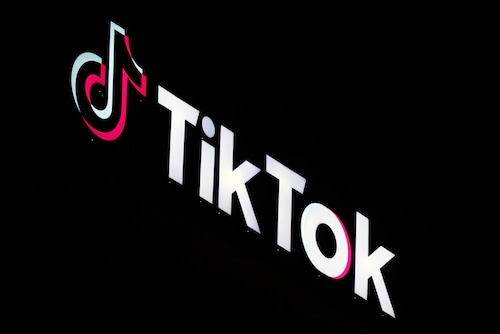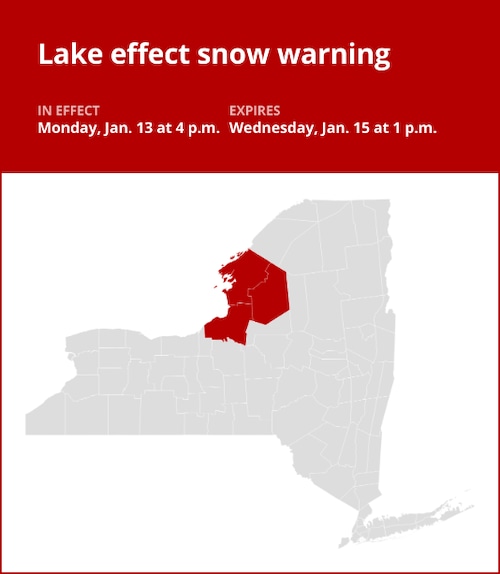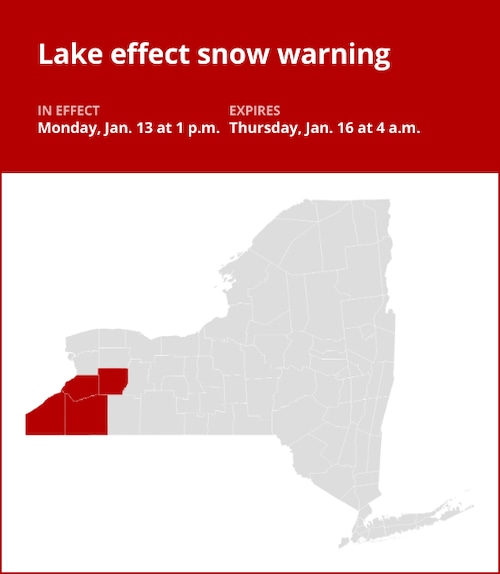As the well-known social media platform battles for its existence in the United States, a federal appeals court panel unanimously upheld a rule on Friday that could result in a ban on TikTok as early as next month.
The U.S. Court of Appeals for the District of Columbia Circuit rejected TikTok’s challenge to the law, claiming it violated the First Amendment, and rejected the company’s petition to overturn the law that requires TikTok to sever its ties with its parent company, ByteDance, based in China, or face banishment by mid-January.
Judge Douglas Ginsburg wrote the court’s opinion, which said that the First Amendment exists to safeguard free speech in the United States. In this case, the government took action only to defend that freedom from an enemy country abroad and to restrict that adversary’s capacity to collect information about Americans.
Although it’s uncertain if the Supreme Court will hear the case, TikTok and ByteDance, another plaintiff in the case, are anticipated to file an appeal.
According to a statement from TikTok spokesperson Michael Hughes, the Supreme Court has a proven track record of upholding Americans’ right to free speech, and we anticipate that they will do so on this significant constitutional matter.
According to Hughes, the TikTok ban was regrettably designed and implemented on the basis of false, faulty, and speculative information, which led to complete suppression of the American people. He claimed that if nothing is done, the law will, on January 19, 2025, suppress the voices of more than 170 million Americans in the US and around the world.
President-elect Donald Trump, who attempted to ban TikTok during his first term but stated during the presidential campaign that he is now against such action, may offer the two businesses some type of lifeline even if the case is firmly in the legal system.
In an interview on Fox Business on Friday, Rep. Michael Waltz, Trump’s choice for national security adviser, stated that he wanted to salvage TikTok.
A year-long drama in Washington over the short-form video-sharing app, which the government views as a national security danger because of its ties to China, culminated in the law, which President Joe Biden signed in April.
The United States has expressed concern over TikTok’s collection of extensive user data, including private viewing habits, which may be coerced into the hands of the Chinese authorities. Officials have also cautioned that Chinese authorities may manipulate the app’s proprietary algorithm, which determines what users view on the app, to reshape content in ways that are hard to identify. Similar worries were voiced Friday by the European Union, which is looking into intelligence that indicates Russia may have misused the platform to sway the Romanian elections.
Attorney General Merrick Garland said in a statement Friday that today’s ruling is a significant step in preventing the Chinese government from using TikTok as a weapon.
TikTok, which filed a lawsuit against the government in May over the regulation, has long disputed that Beijing could use it to spy on or influence Americans. As its lawyers have correctly noted, the United States has not produced any proof that the business gave user data to the Chinese government or altered content in the United States to Beijing’s advantage. Additionally, the Department of Justice has highlighted that the regulation is based on future dangers, citing, among other things, unnamed actions the two businesses have allegedly taken in the past in response to demands from the Chinese government.
The appeals court panel, which is made up of two Republicans and one Democrat-appointed judge, heard oral arguments in September before rendering its decision on Friday.
The panel seemed to debate how TikTok’s foreign ownership impacts its constitutional rights throughout the more than two-hour discussion, as well as the extent to which the government may limit foreign influence on a foreign-owned platform. All three rejected TikTok’s plea on Friday.
Ginsburg, a Republican appointment, dismissed TikTok’s primary legal defenses of the law in the court’s decision, arguing that it was an illegal bill of attainder, or a Fifth Amendment seizing of property. He added that as the government is not trying to censor information or mandate a specific type of content on TikTok, the regulation does not violate the First Amendment.
Following divestiture, the site’s content might theoretically stay the same, allowing Americans to read and distribute as much PRC propaganda—or any other information—as they like on TikTok or any other platform of their choosing. Using the acronym for the People’s Republic of China, Ginsburg wrote.
A concurring opinion was issued by the court’s chief judge, Judge Sri Srinivasan.
The case against TikTok was combined with a second action filed by a number of video creators, for whom the corporation is paying legal fees, and a third lawsuit filed on behalf of conservative creators who collaborate with BASED Politics Inc., a nonprofit. The Knight First Amendment Institute and other groups had also submitted amicus papers in favor of TikTok.
The organization’s executive director, Jameel Jaffer, called the decision “a gravely misguided decision that reads significant First Amendment precedents too narrowly and gives the government broad authority to restrict Americans’ access to information, ideas, and media from abroad.” We hope the decision from the appeals court won’t be final.
Legislators who had supported the legislation, meanwhile, rejoiced over the court’s decision on Capitol Hill.
Republican Rep. John Moolenaar of Michigan, who chairs the House Select Committee on China, expressed optimism that President Trump will enable an American takeover of TikTok to permit its continued use in the United States. He also expressed excitement about the app’s arrival in America under new ownership.
The law’s co-author, Democratic Representative Raja Krishnamoorthi, stated that ByteDance should embrace it.
TikTok claims to have committed over $2 billion to strengthen safeguards for U.S. user data in an effort to allay worries about the company’s owners.
The business has also said that a draft accord it sent the Biden administration during negotiations more than two years ago may have addressed the government’s more general concerns. The Justice Department claims the accord is insufficient, and it has criticized the administration for abandoning further negotiations on it.
Lawyers for the two businesses have asserted that a technological and commercial divestment of the platform is not feasible. Additionally, they claim that if TikTok were to be sold without the platform’s coveted algorithm—which Chinese officials would probably reject under any divestment plan—the U.S. version of the app would become isolated from other worldwide content.
However, a few investors have shown interest in buying the platform, including billionaire Frank McCourt and Trump’s former Treasury Secretary Steven Mnuchin. Earlier this year, both men announced that they were forming a consortium to buy TikTok’s U.S. division.
A representative for McCourt’s Project Liberty program, which aims to safeguard online privacy, said this week that anonymous bidders have offered unofficial capital commitments totaling more than $20 billion.
Note: Every piece of content is rigorously reviewed by our team of experienced writers and editors to ensure its accuracy. Our writers use credible sources and adhere to strict fact-checking protocols to verify all claims and data before publication. If an error is identified, we promptly correct it and strive for transparency in all updates, feel free to reach out to us via email. We appreciate your trust and support!






+ There are no comments
Add yours